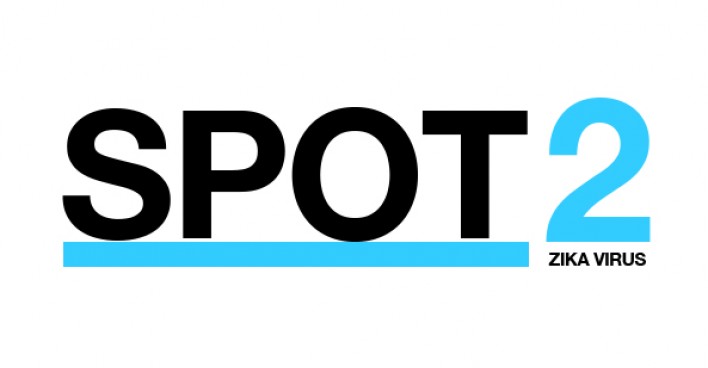
ZIKA: Information campaign from UNESCO - WHO - IFRC
shutterstock_moskito.jpg

Radio mobilized to fight against Zika in Latin America and the Caribbean
To contribute to the fight against Zika, UNESCO mobilized its partners’ radio network all across the Latin American and Caribbean region. Informative and preventive radio spots against the spread of the virus were produced in collaboration with the International Federation of Red Cross and Red Crescent Societies (IFRC) and the World Health Organization (WHO) in the 4 languages of the LAC region (English, French, Portuguese and Spanish). By providing valuable resources to public, private and community radio stations, UNESCO communicated on the risks associated with the virus and promoted healthy behaviours.
Leading international broadcasting networks and organizations - such as the International Association of Broadcasters (AIR-IAB), the Caribbean Broadcasters Union (CBU), Radio France Internationale (RFI) and the World Association of Community Broadcasters (AMARC) among others - have advertised, distributed and broadcasted the spots. Every UNESCO Member States’ National Commission from the Latin American and Caribbean region was also involved, namely 36 countries. In total, the campaign reached nearly 20,000 radio stations throughout the whole American continent.
In Brazil, where the Zika epidemic is particularly virulent, Agência Radioweb Brazil – an online radio plateform – has uploaded the spots on its homepage. They were downloaded and broadcasted by about 450 radio stations in the country, covering 394 cities with a total potential audience of 53,6 million people (see the map).
The power of radio, its proximity to the population and its ease of access, provide a unique opportunity to reach the largest number of people in the shortest possible time to effectively disseminate prevention messages during sanitary crises and epidemics.
Radio items with information and prevention messages against the spread of the virus were prepared in collaboration with the International Federation of Red Cross and Red Crescent Societies (IFRC) and the World Health Organization (WHO).
A series of three radio information spots were carried out in the four major languages of the region: English, French, Portuguese and Spanish.
These spots were made available to all UNESCO partner radio stations for broadcast until 30th April 2016. Please note that however the spots will remain downloadable and fit for broadcast for an undefined period of time.
UNESCO wishes to thank the World Association of Community Radio Broadcasters (AMARC), the Caribbean Broadcasting Union (CBU), the International Association of Broadcasting (AIR / IAB) and Radio France Internationale (RFI), and all other partners will join this humanitarian and radio initiative for their commitment in the fight against Zika.
Radio spots to inform and get ready against Zika
Three information and prevention radio spots were produced in the four major languages of the region: English, French, Portuguese and Spanish.
Prevention and protection against the virus and against the mosquito that carries it is everyone's concern and everyone can contribute to spread good information.
The spots depict two neighbors who inform each other about the risks of Zika and the best ways to protect against mosquitoes carrying the virus. The dialog provides all the necessary information. It continues with a third person, in order to illustrate the role that each of us can play in the dissemination of prevention messages.
A reporting template of the broadcast times for the campaign spots is to download at the bottom of this page. Please, fill it in and send it back to us at the end of the campaign on the 30th of April and during the month of May at the following addresses: l.nacache(at)unesco.org and l.pereira-franca(at)unesco.org in order to assess the reach of our joint action against Zika virus.
If you are a radio station and are broadcasting the campaign: let us know and UNESCO will credit you!
Dowload and broadcast the spots
The first spot, "Zika, protection from vector" provides general information and effective measures to respect, to protect oneself his community. It is a general mobilization message.
The second spot, "Protect pregnant women" aims to educate pregnant women about the specific risks of Zika virus. The virus is transmitted from mother to child, so it is important to protect especially pregnant women. This is everyone's concern, not just women.
The third spot "Zika, avoiding rumors" aims to propagate real and valid information about the virus and risks. This is to dispel the rumors and not to let settle panic atmosphere in communities.
All essential information about Zika
Our partners, the International Federation of Red Cross and Red Crescent Societies and the World Health Organization provide full documentation to inform you in detail about the outbreak of Zika and preventive actions.
World Health Organization
- Zika virus
-
Download Zika App on your mobileThe App in iOS:App in Google Play:
International Federation of Red Cross and Red Crescent Societies










